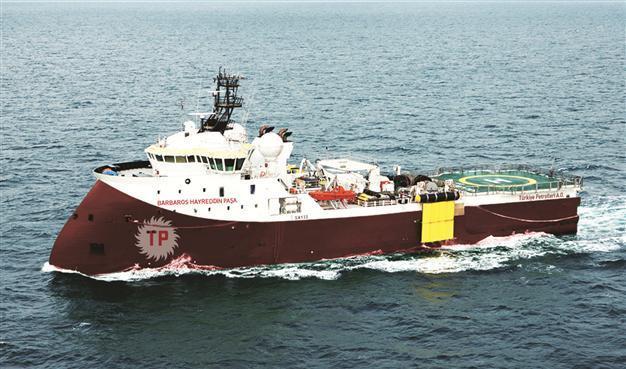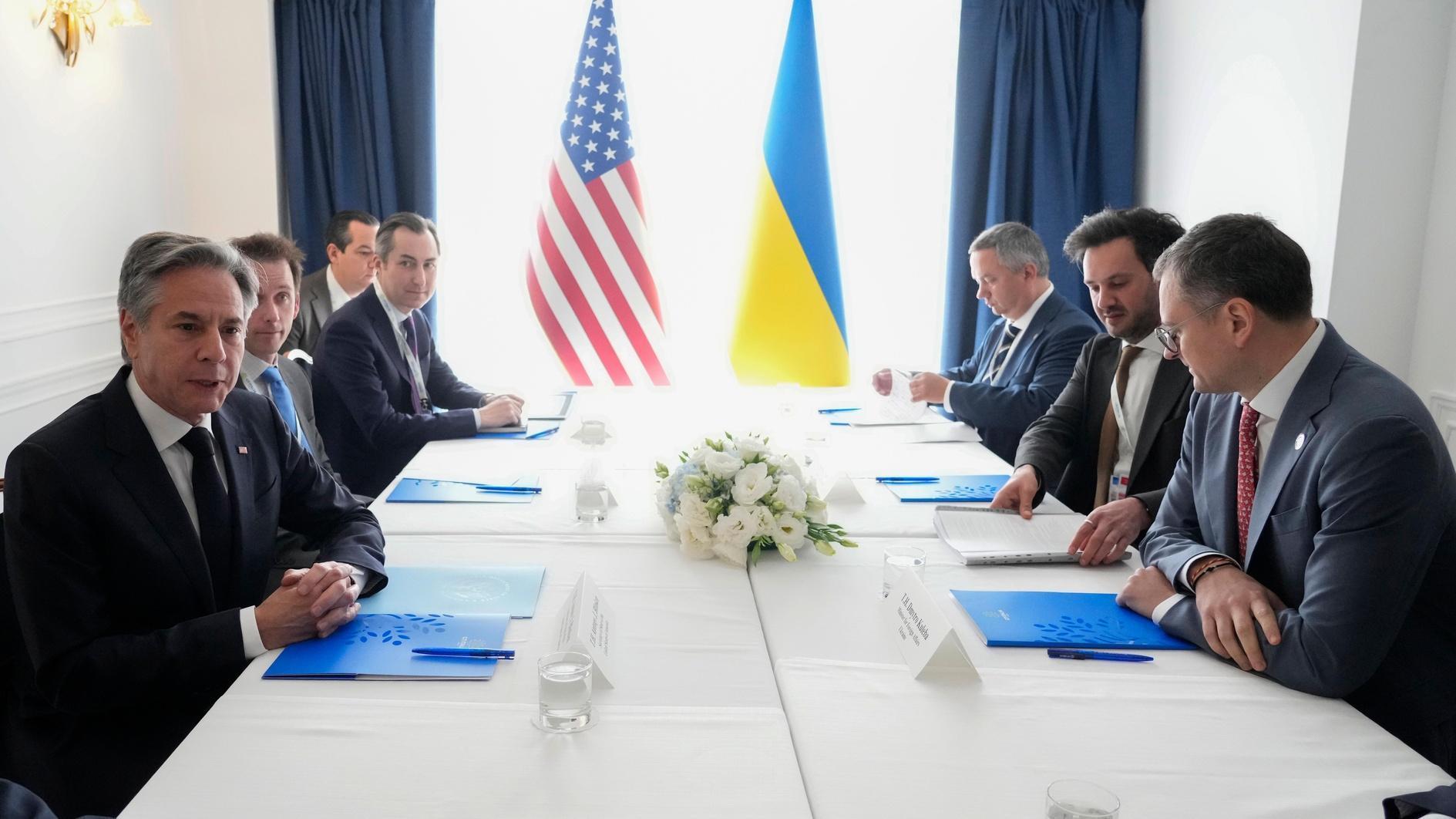Turkish and Greek Cypriots mull mutual steps on drilling to restart talks
Sevil Erkuş - sevil.erkus@hurriyet.com.tr ANKARA
 Both the Turkish and Greek Cypriots are considering a halt to exploration activities for hydrocarbon reserves in the Eastern Mediterranean, in order to restart settlement talks for reunification of Cyprus.
Both the Turkish and Greek Cypriots are considering a halt to exploration activities for hydrocarbon reserves in the Eastern Mediterranean, in order to restart settlement talks for reunification of Cyprus.Turkey’s Barbaros Hayreddin Paşa seismic vessel has taken a break in its activities in the Eastern Mediterranean and anchored off the Gazimağusa harbor as a “good will sign,” Turkish Cypriot spokesperson Osman Ertuğ has said, describing it as a “good will gesture” ahead of a possible resumption of Cyprus peace talks.
“Barbaros is waiting outside the Gazimağusa harbor as a good will gesture, despite a Turkish maritime Navigational Telex [Navtex] order that is valid until April 6,” Ertuğ told reporters on March 27.
The move aims to support the efforts of U.N. Special Adviser on Cyprus Espen Barth Eide, Ertuğ said, adding that their hopes are fueled for the resumption of Cyprus talks.
In a recent visit to the island, Eide had signaled hope for restarting reunification talks between the two sides, telling the Turkish side that the Greek Cypriots “were obliged to give a break in drilling activities due to technical reasons, which would be an opportunity to get back to the table.”
For his part, Ertuğ stated that if the Greek Cypriots are to demand that Turkey avoids collecting seismic data, then the Greek Cypriots should also end their unilateral drilling activities. “But if they show previously signed agreements as a reason to continue their collection, then we’ll continue our drilling too. Alternatively, let’s conduct those explorations together. At least, let’s not leave the reunification talks table,” he said.
Turkey’s reissuing of a new Navtex for seismic surveys of the Barbaros vessel is dependent on Greek Cyprus’s continuation of its unilateral drilling activities, Ertuğ added.
He also claimed that the Greek Cypriots has abandoned negotiations not because of Turkey’s seismic surveys in the region, but because the talks were about to reach the “give and take” stage.
“The Greek Cypriots are not ready for ‘give and take’ phase of the talks,” Ertuğ said.
Greek Cypriot authorities said on Oct. 21 that the Barbaros had entered their exclusive economic zone and intended to stay in the area, according to a maritime advisory issued in early October.
Nicosia is unhappy that Ankara is searching for oil and gas in the same area as the Cypriot government has already licensed exploratory drills, in an exclusive economic zone.
In October 2014, Greek Cyprus suspended its participation in U.N.-led peace talks launched in February 2014, when the research vessel had entered the region that Greek Cyprus claims as its Exclusive Economic Zone.
However, the Turkish side disputes Greek Cyprus’ rights to a swathe of sea to the island’s south and southeast that is rich in natural gas reserves, demanding an equal share of resources between the two governments of the divided island.
















